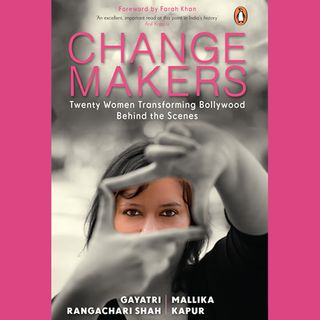A new study sheds light on why some people stay in bad relationships: Humans are good at clinging to their initial good impressions — almost as much as they’re good at revising negative impressions.
“We think our findings reveal a basic predisposition towards giving others, even strangers, the benefit of the doubt,” said senior author of the study Molly Crockett, a psychologist at Yale University. Crockett was one of a team of psychologists from Yale, the University of Oxford, and University College London, to explore human flexibility in judgment. “The human mind is built for maintaining social relationships, even when partners sometimes behave badly.”
Crockett and her colleagues studied more than 1500 observers as they watched and passed moral judgment on strangers who had to choose whether to inflict painful electric shocks on someone in exchange for money.
When observers formed good impressions about the strangers (who refused to administer shocks), they formed these impressions rapidly and stuck with them. However, when observers had bad impressions of the strangers (who chose to administer shocks), they were more wishy-washy — uncertain whether the stranger was truly bad, and readily open to changing their minds as to the stranger’s character. In fact, when the observer witnessed the ‘bad’ stranger making an occasional, generous choice, observers’ opinion of the stranger shot up — until the ‘bad’ stranger made another ‘bad’ choice.
In other words, we’re prone to forgive others, to extend the benefit of the doubt, even when we have evidence that someone might not deserve it.
The study authors said their findings confirm what lies beneath the human ability to maintain relationships — even if those relationships are bad ones.
“The brain forms social impressions in a way that can enable forgiveness,” Crockett said. “Because people sometimes behave badly by accident, we need to be able to update bad impressions that turn out to be mistaken. Otherwise, we might end relationships prematurely and miss out on the many benefits of social connection.”




